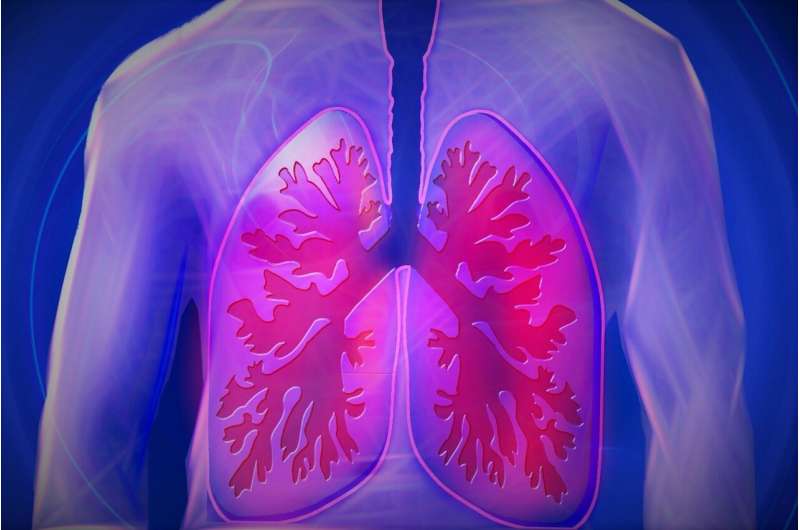Combination of Aumolertinib and Chemotherapy Extends Progression-Free Survival in NSCLC Patients

A recent Phase III clinical trial reveals that combining aumolertinib with chemotherapy significantly improves progression-free survival in patients with advanced non-small cell lung cancer, offering new hope for personalized treatment strategies.
Recent clinical trial results have demonstrated that combining aumolertinib with platinum-based chemotherapy significantly enhances progression-free survival (PFS) in patients with advanced or metastatic non-small cell lung cancer (NSCLC) harboring EGFR sensitizing mutations along with tumor suppressor gene mutations. The Phase III ACROSS 2 trial, presented at the 2025 World Conference on Lung Cancer by Dr. Jie Wang from the National Cancer Center in China, compared the efficacy of the combination therapy versus aumolertinib alone.
Aumolertinib, an oral third-generation epidermal growth factor receptor tyrosine kinase inhibitor (EGFR-TKI), has been used to target EGFR-mutated NSCLC. Patients with additional mutations, which often result in a poorer prognosis, previously had limited effective treatment options. The ACROSS 2 trial was the first large-scale, global randomized study to investigate whether adding chemotherapy could improve outcomes in this specific subgroup.
The study enrolled patients with confirmed stage IIIB–IV NSCLC, suitable performance status, and specific mutation profiles. Participants were randomized to receive either a combination of aumolertinib at 110 mg daily with carboplatin (AUC=5) and pemetrexed (500 mg/m²) every three weeks, or aumolertinib alone, until disease progression. Stratification was based on mutation type and presence of brain metastases.
Results showed a median PFS of approximately 19.78 months for the combination therapy, compared to 16.53 months for monotherapy, with a hazard ratio of 0.55, indicating a substantial benefit of the combined approach. The trial also found that safety profiles remained consistent across groups, with common side effects including blood count reductions, anemia, liver enzyme increases, nausea, and rash. Importantly, the addition of chemotherapy did not introduce new safety concerns.
These findings suggest that incorporating chemotherapy with aumolertinib could become a new standard for treating NSCLC patients with complex mutation profiles, offering them greater disease control and improved prognosis. Further follow-up is needed to evaluate overall survival data, but current results are promising for advancing personalized lung cancer treatment.
Source: https://medicalxpress.com/news/2025-09-aumolertinib-chemotherapy-free-survival-nsclc.html
Stay Updated with Mia's Feed
Get the latest health & wellness insights delivered straight to your inbox.
Related Articles
New Insights into Iron-Induced Cell Death and Its Role in Inflammatory Bowel Disease
New research reveals how iron-dependent cell death, specifically ferroptosis, contributes to inflammatory bowel disease, opening up novel therapeutic possibilities targeting this pathway.
Research Highlights the Role of Service Dogs in Slowing Cellular Aging in Female Veterans
A pioneering study reveals that training service dogs can help slow cellular aging and improve mental health in female military veterans, offering a promising non-pharmacological approach to PTSD treatment.
Zebrafish Models Accelerate Personalized Treatments for High-Risk Pediatric Cancers
Innovative zebrafish models are transforming pediatric cancer care by providing rapid, accurate predictions of treatment responses, leading to more personalized and effective therapies for high-risk cases.
Advancements in Neuromuscular Disease Care Offer New Hope and Innovative Treatments
Recent breakthroughs in neuromuscular disease treatment and early diagnosis are transforming patient care, offering new hope through innovative therapies and research advancements.



